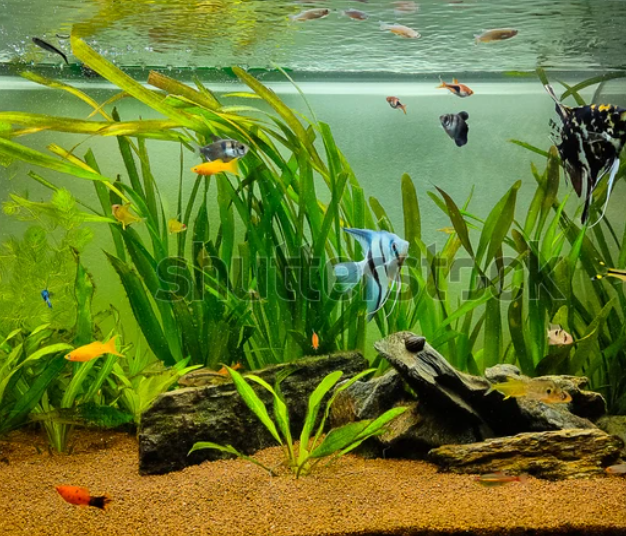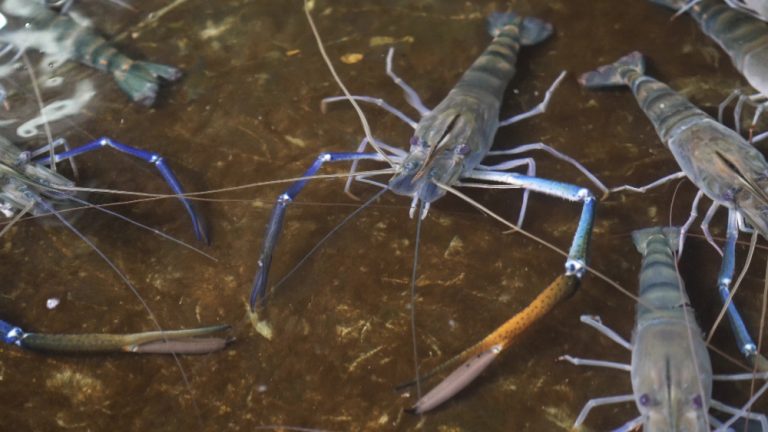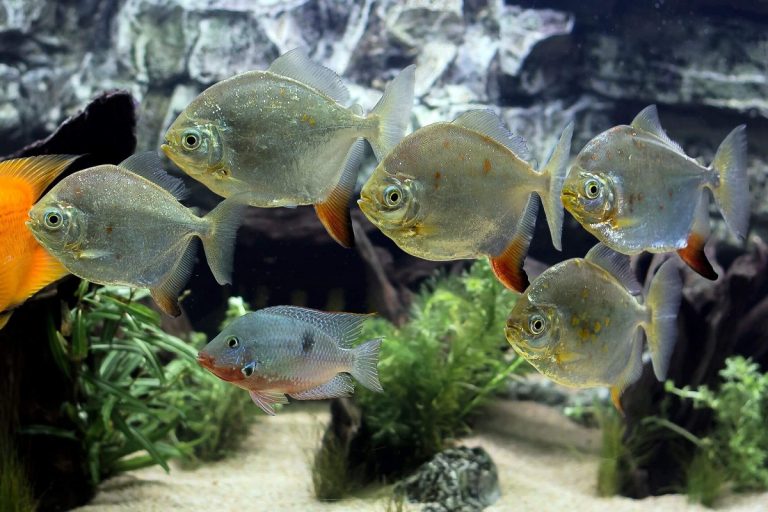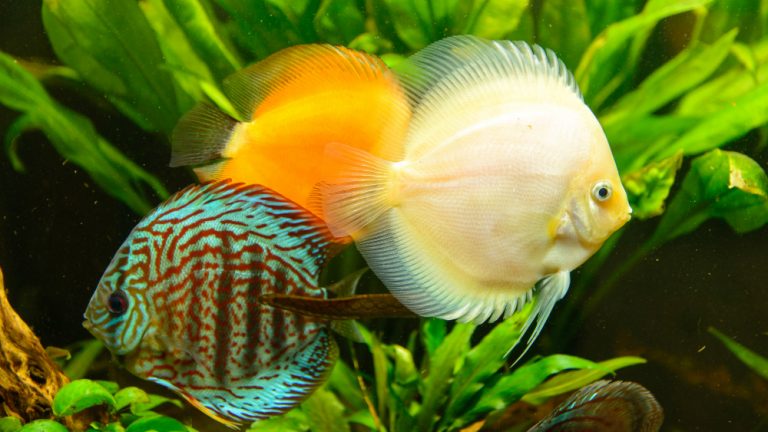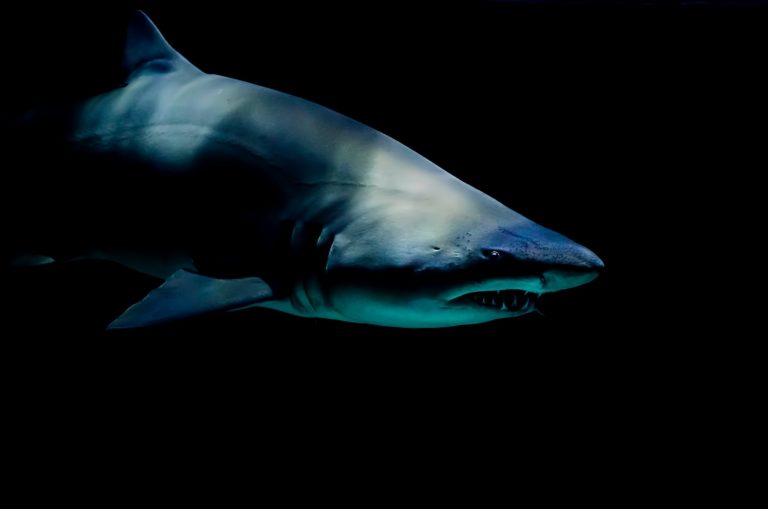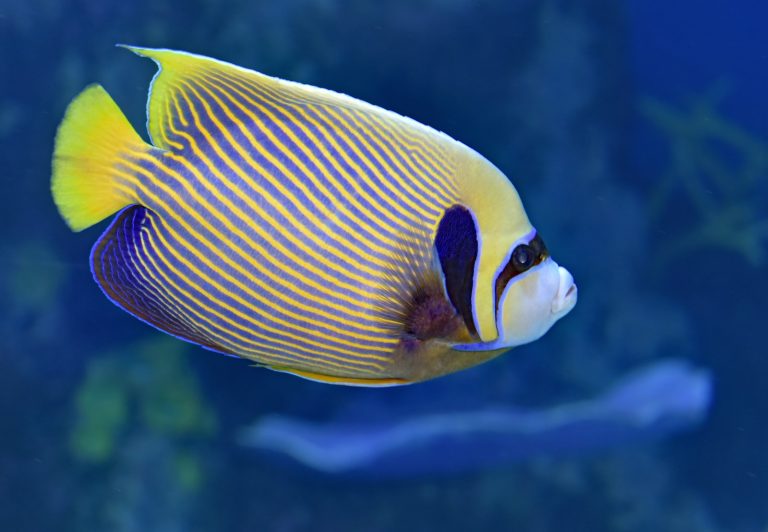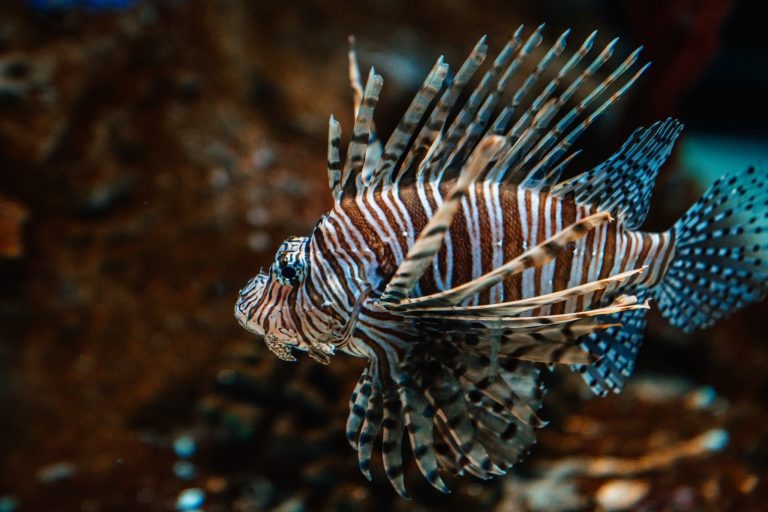Mollies, those charming aquatic creatures, have long fascinated fish enthusiasts with their vibrant colors and lively personalities. But one question that often arises in the world of aquarium keeping is, “Do mollies eat algae?” In this informative article, we’ll explore the intriguing relationship between mollies and algae, shedding light on their dietary preferences, behavior, and much more.
Mollies and Algae: An Unveiling Connection
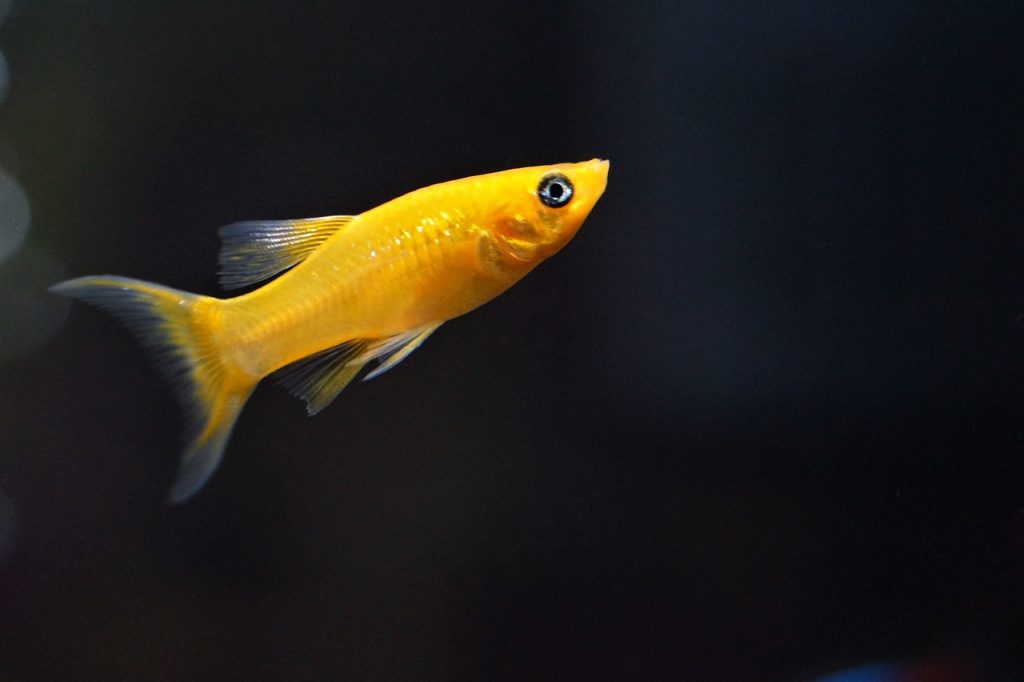
Do Mollies Eat Algae Naturally?
When considering mollies as potential algae eaters for your aquarium, it’s important to understand their natural inclinations. Mollies are omnivores, which means they have a varied diet. While algae can be part of their diet in the wild, it’s essential to explore the nuances of this behavior.
The Role of Algae in a Mollie’s Diet
In their natural habitat, mollies often nibble on algae for sustenance. Algae provide essential nutrients and fiber, making them a valuable food source. However, this doesn’t mean mollies are voracious algae eaters.
Mollies as Part-Time Algae Eaters
Mollies may graze on algae sporadically, but they are not algae’s primary consumers. They are more likely to consume other food sources, such as small aquatic invertebrates and plant matter. This makes them versatile eaters, adapting their diet based on what’s available.
Factors Influencing Mollie-Algae Interactions
Several factors can influence whether mollies will eat algae in your aquarium. These include water quality, the presence of other food sources, and the type of algae present. Understanding these factors is crucial to maintaining a healthy tank environment.
Creating the Ideal Habitat for Algae-Eating Mollies
To encourage mollies to help with algae control in your aquarium, you can take specific steps to create a favorable environment. These may include providing the right water conditions, offering balanced nutrition, and selecting appropriate tank mates.
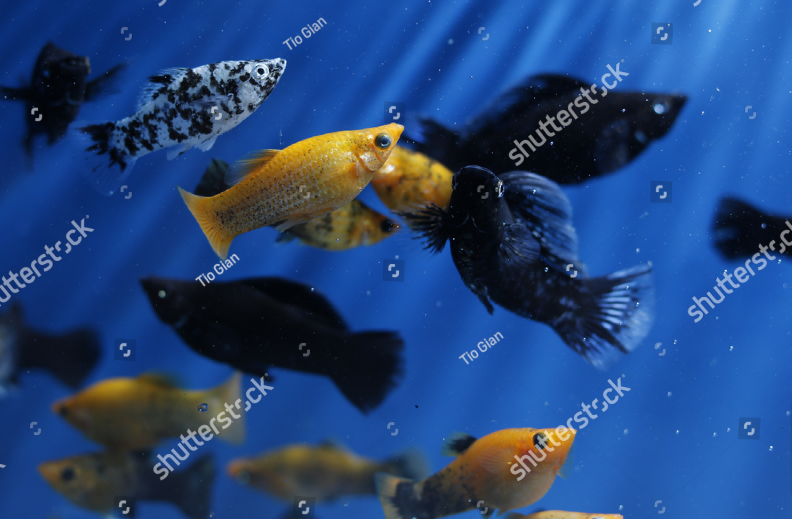
Mollies vs. Different Types of Algae
Green Algae: A Common Snack?
Green algae are one of the most common types found in aquariums. Discover whether mollies have a preference for this type of algae and how it affects their diet.
Brown Algae: A Mollie’s Indulgence?
Brown algae can be a concern for many aquarium enthusiasts. Learn whether mollies can assist in keeping brown algae at bay and the best strategies for doing so.
Blue-Green Algae: A Mollie’s Challenge?
Blue-green algae, often called cyanobacteria, can be a pesky issue in aquariums. Find out if mollies are up for the challenge of combating this stubborn algae variety.
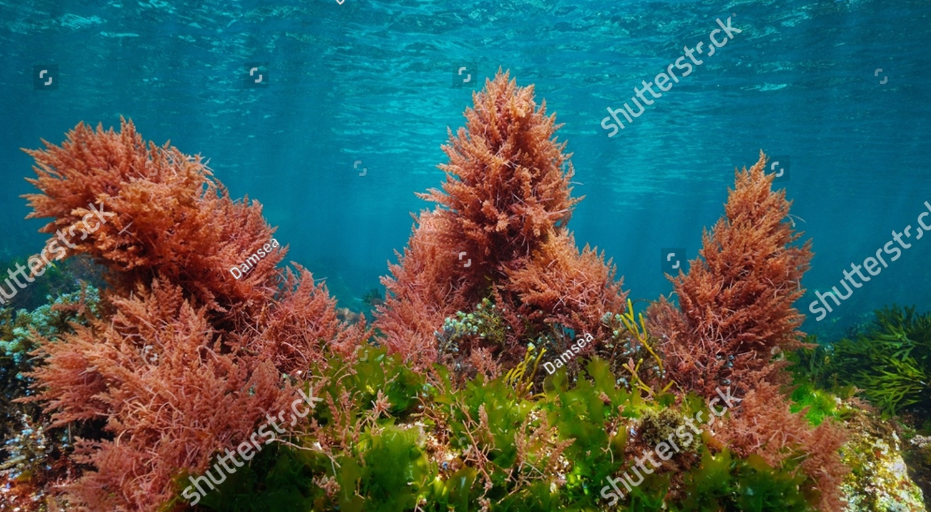
Red Algae: A Rare Delicacy for Mollies?
Red algae, with its unique appearance, may or may not be on a mollie’s menu. Explore their preferences for this intriguing algae type.
FAQs About Mollies and Algae
Can mollies completely control algae in an aquarium?
While mollies can help with algae control, they may not completely eliminate all algae growth in your tank. Other factors come into play.
What should I feed mollies besides algae?
A balanced diet for mollies includes high-quality flake or pellet food, as well as occasional treats like brine shrimp or bloodworms.
Do mollies eat hair algae?
Mollies may nibble on hair algae, but their preference may vary depending on the specific molly and its diet.
How can I prevent algae overgrowth in my aquarium?
Maintaining good water quality, managing light duration, and avoiding overfeeding are essential for preventing algae overgrowth.
Can I keep mollies with other fish in my algae-controlled tank?
Yes, mollies can coexist with various fish species in a well-maintained aquarium, contributing to a harmonious aquatic community.
Do mollies eat algae in a planted tank?
Mollies can coexist with live plants, but their algae-eating tendencies may vary based on the availability of other food sources.
Conclusion
In conclusion, mollies do have a penchant for algae, but it’s important to understand that they are not exclusive algae eaters. Providing a balanced diet and maintaining a healthy tank environment are key to ensuring that mollies contribute positively to algae control in your aquarium. By following these guidelines and considering their natural behavior, you can enjoy the beauty of mollies while keeping algae growth in check.
